Ukraine cannot win its war with Russia and should negotiate peace terms with the Kremlin, according to Britain’s most senior army officer.
Field Marshal Lord Richards said Kyiv will not be able to drive Vladimir Putin’s soldiers out of Ukraine without the help of Nato forces - who won’t get involved on the ground.
Lord Richards, who was promoted to UK military’s most senior “five star” rank earlier this year and led Nato forces in during its troops surge in Afghanistan, said Ukraine’s allies have failed Kyiv.
“What we have done in the case of Ukraine is encourage Ukraine to fight, but not given them the means to win,’ the former chief of the defence staff told The Independent’s podcast World of Trouble.
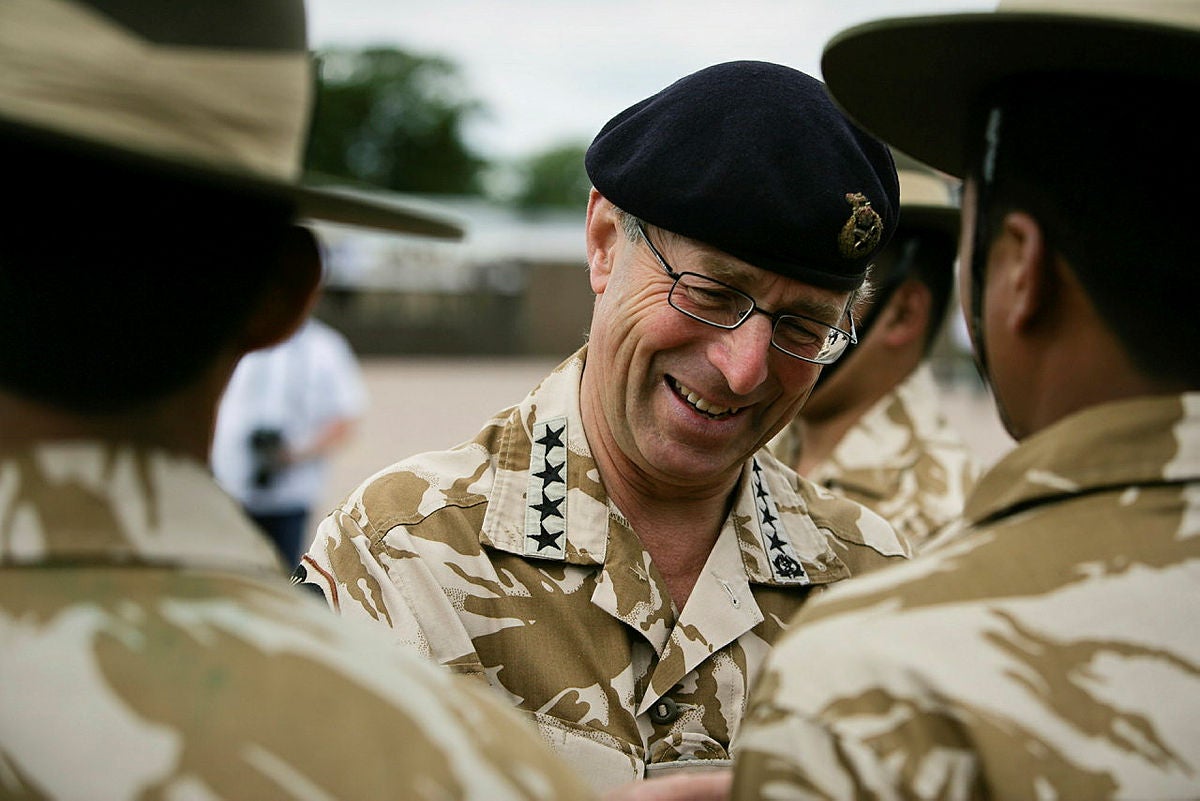
Reflecting on the Ukraine’s chances of success against Russia, he said: “My view is that they would not win.
“Could not win, even with the right resources?” he was asked.
“No,” he replied.
Pressed further The Independent he was asked: “ Even with the right resources?”
“No, they haven't got the manpower,” the former commando said.
The field marshal’s intervention came after Volodymyr Zelensky flew to Washington DC to meet Donald Trump to try to persuade him to give Ukraine Tomahawk cruise missiles.
The war with Russia has now ground on for more than three years, with incremental gains on each side as the conflict is increasingly played out via drone warfare.
But Zelensky’s plans to pressure Trump appear to have been thwarted by Vladimir Putin, who spoke to the US president hours before his White House meeting with the Ukrainian leader.
At a packed press conference, Trump appeared reluctant to give up American weapons, while retaining a cordial tone with Zelensky - admittedly a far cry from where things were in February. The US president stressed his own country’s needs to maintain stockpiles.
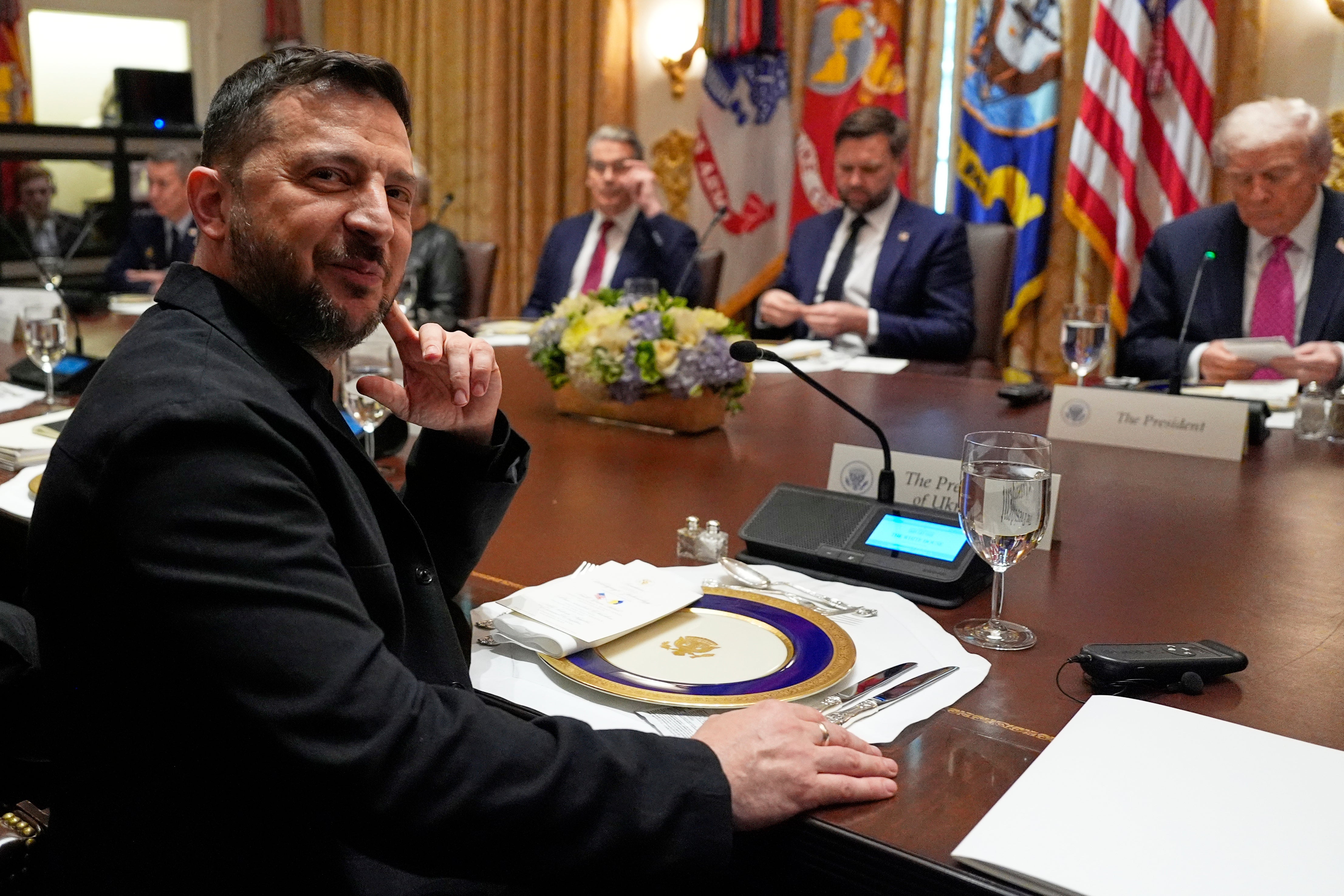
Zelensky said very little, except to politely suggest Ukraine could offer up its drone technology in an exchange agreement. Trump seemed open to the idea.
Coming away from the summit, Zelensky said Trump had not said “no” to the idea of Tomahawks - but, for today, he did not say “yes”, either.
In his first long form podcast interview, Lord Richards, the only British officer to have commanded massed US troops at war since 1945, said the outlook for Ukraine was not good.
“Unless we were to go in with them - which we won't do because Ukraine is not an existential issue for us. It clearly is for the Russians, by the way,” he said on World of Trouble.
“We've decided because it's not an existential issue, we will not go to war. We are, you can argue - and I absolutely accept it - in some sort of hybrid war [with Russia]. But that's not the same as a shooting war in which our soldiers are dying in large numbers.
“Despite our attraction for all they've achieved and our genuine affections for so many Ukrainians, I'm just still in this school that says this is not in our vital national interests.
“My instinct is that the best Ukraine can do, and you already see President Zelensky, who's an inspirational leader… the best they can do is a sort of a draw score.”
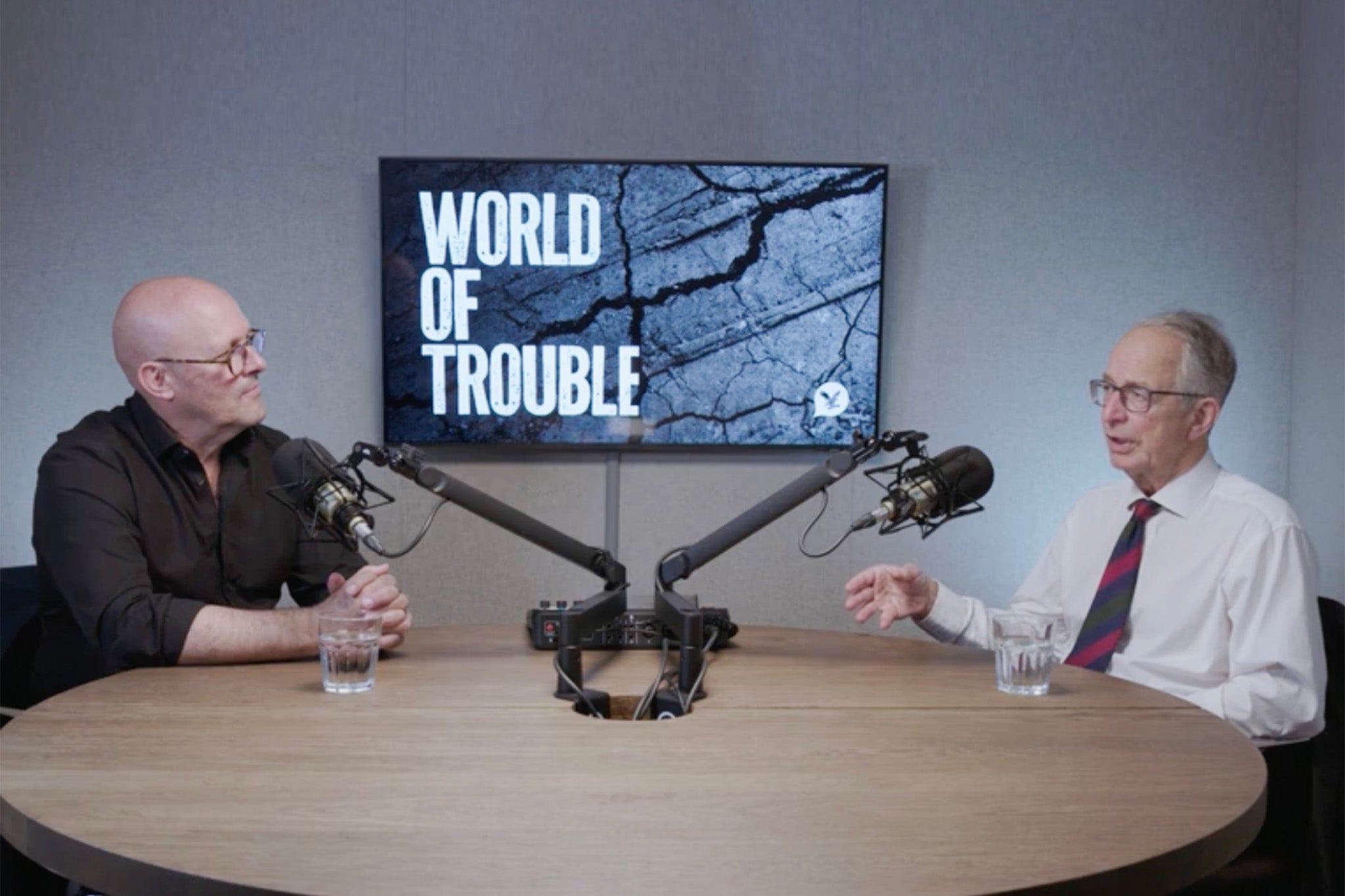
Lord Richards’ pessimistic assessment contradicts recent statements from Trump who had appeared to shift his view of Ukraine from insisting that Kyiv did not hold any cards - to saying Putin could not win.
“I think Ukraine, with the support of the European Union, is in a position to fight and WIN all of Ukraine back in its original form,” Trump wrote on social media. “With time, patience, and the financial support of Europe and, in particular, Nato, the original Borders from where this War started, is very much an option.
“Russia has been fighting aimlessly for three and a half years a War that should have taken a Real Military Power less than a week to win. This is not distinguishing Russia. In fact, it is very much making them look like ‘a paper tiger’.”
Trump has routinely changed his stance on Ukraine, previously cutting military aid to Kyiv altogether, forcing a painful minerals-for-weapons deal on Kyiv and reducing US help to an intelligence feed only.
This week he appeared to swing back behind Putin again - agreeing to a summit with the Russian leader in pro-Kremlin Hungary under Victor Orban but without the presence of Zelensky.
He blamed it on the fact that Putin and Zelensky “don’t get along too well” and described himself as the “mediator” president.
Trump has made repeated efforts to secure a ceasefire and even invited Putin to Alaska for a summit in August, which ended in American humiliation.
Lord Richards, who led Britain’s interventions in Sierra Leone and East Timor as a brigadier and later argued against the UK’s part in the American-led invasion of Iraq, back the US General Milley, who suggested said Ukraine should negotiate with Russia back in November 2022.
In a wide-ranging interview about his military life, the field marshall revealed that although his career had been stellar, there were times when he fell foul of “the establishment” and was often out of step with his military and political masters.
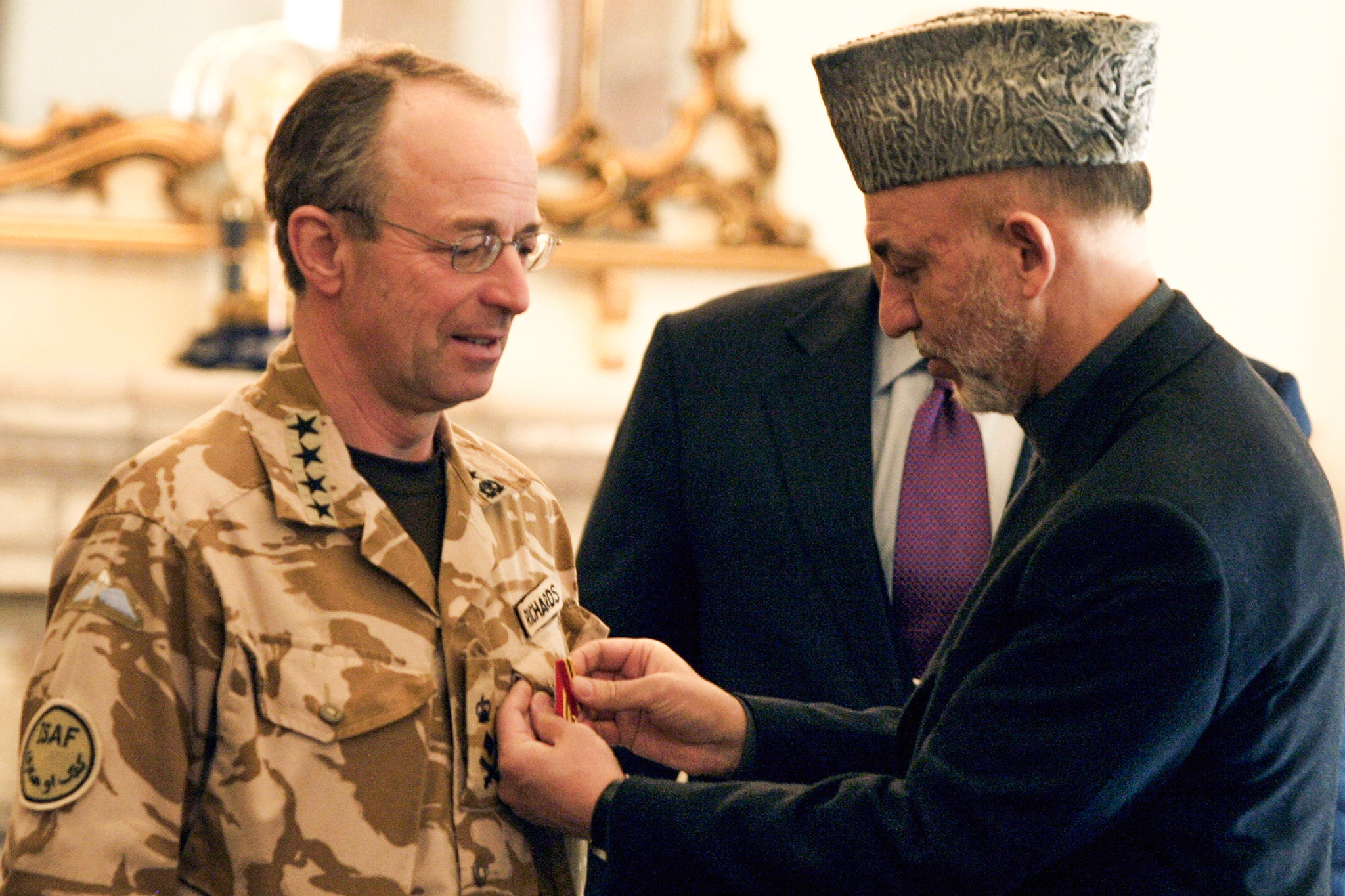
As a major general and deputy head of the army under General Sir Mike Jackson, he said it was clear to him that Tony Blair’s government was lying about its claims that Saddam Hussein was developing nuclear weapons in Iraq.
Alongside other senior officers, he questioned the legality of the UK’s decision to join US forces in invading Iraq in 2003.
Before the British joined the invasion, Mr Blair presented parliament with an intelligence dossier which claimed the Iraqi dictator was developing a nuclear weapon.
Derided since as the “dodgy dossier” for its unfounded claims, it caused horror at the time among senior officers who had access to the real intelligence.
“I and others encouraged the Chief of Defence staff to query whether this was legal and what was the basis of this intelligence,” said Lord Richards.
“I do remember one officer - who I won't name but was on the intelligence side - saying, ‘don't worry. We'll find something to put’. Yeah, ‘don't worry. We'll find something about that. We’ll justify what we were doing’.
“I went back to say to Mike Jackson, [and said] - ‘this stinks’.”

.jpeg)


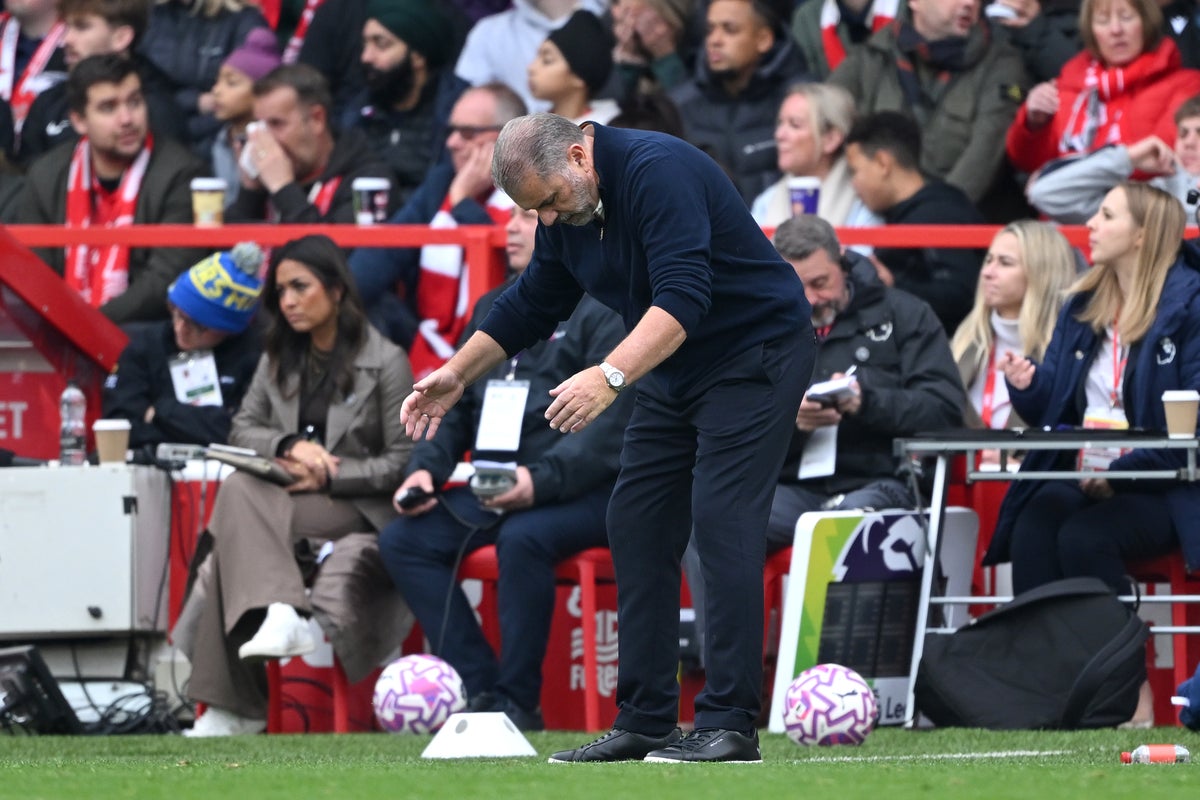









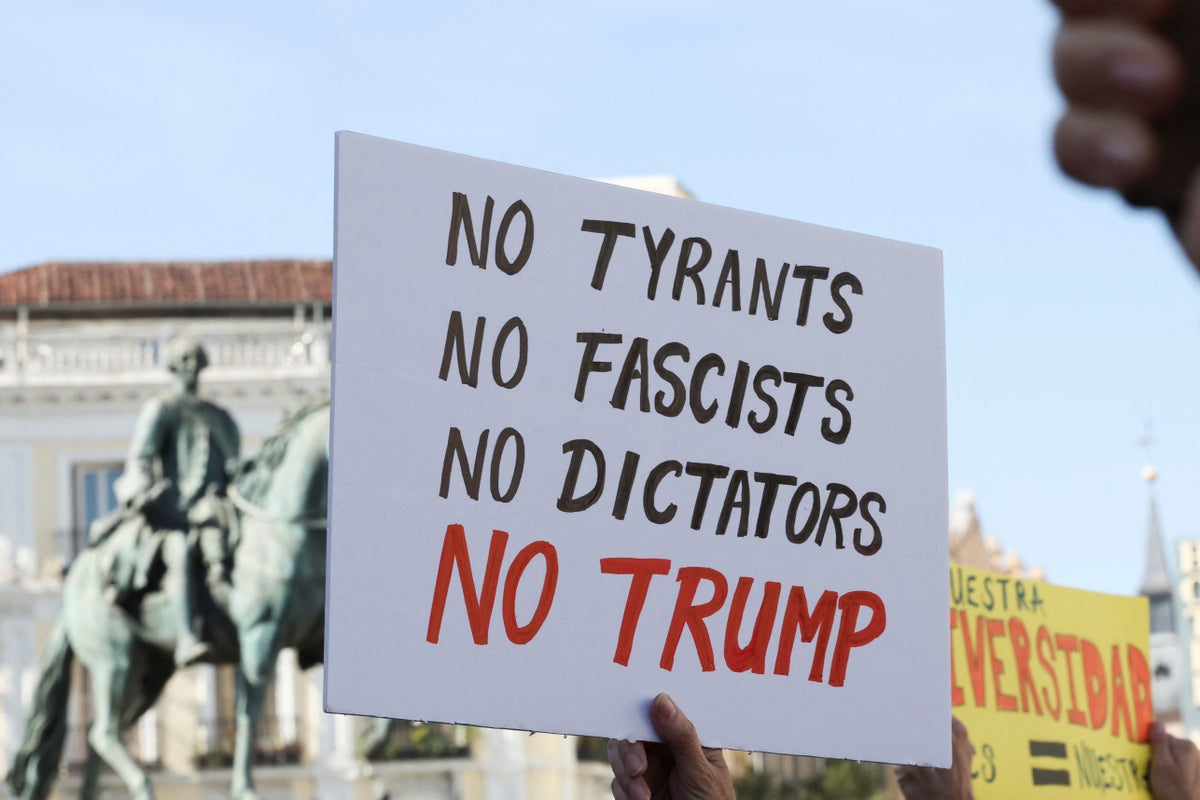

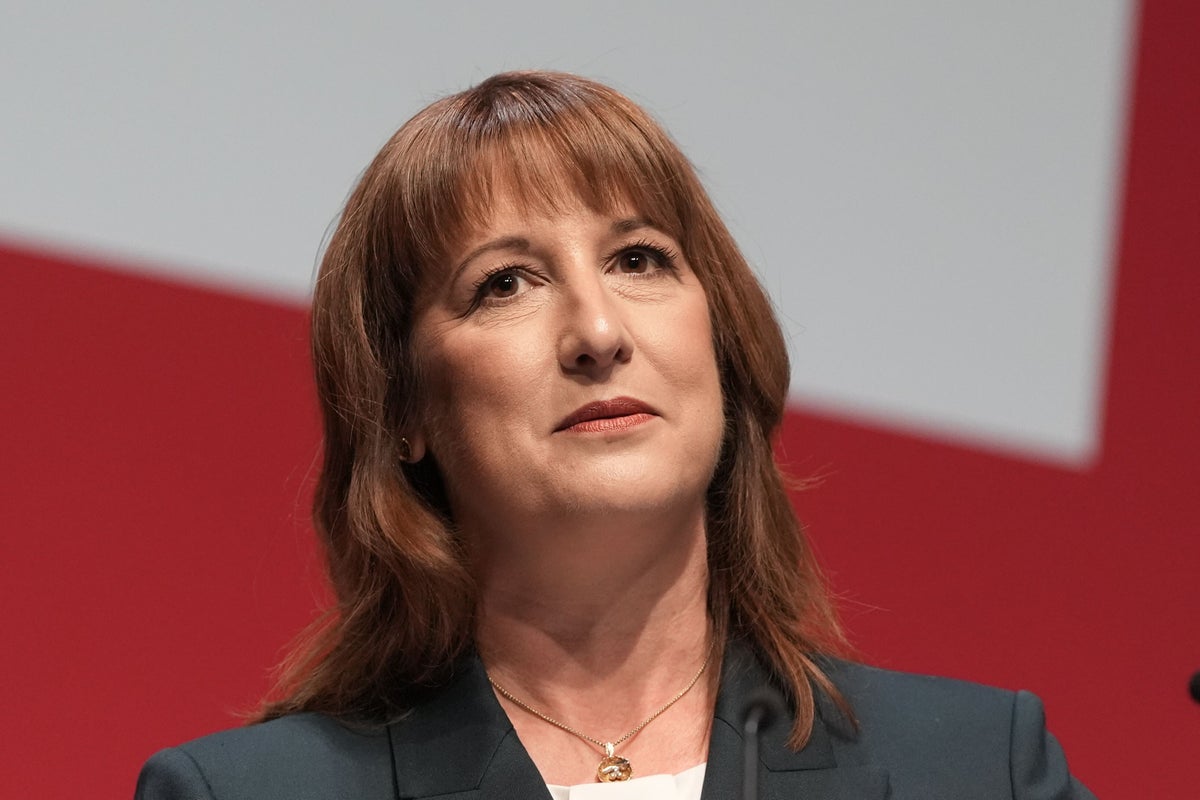






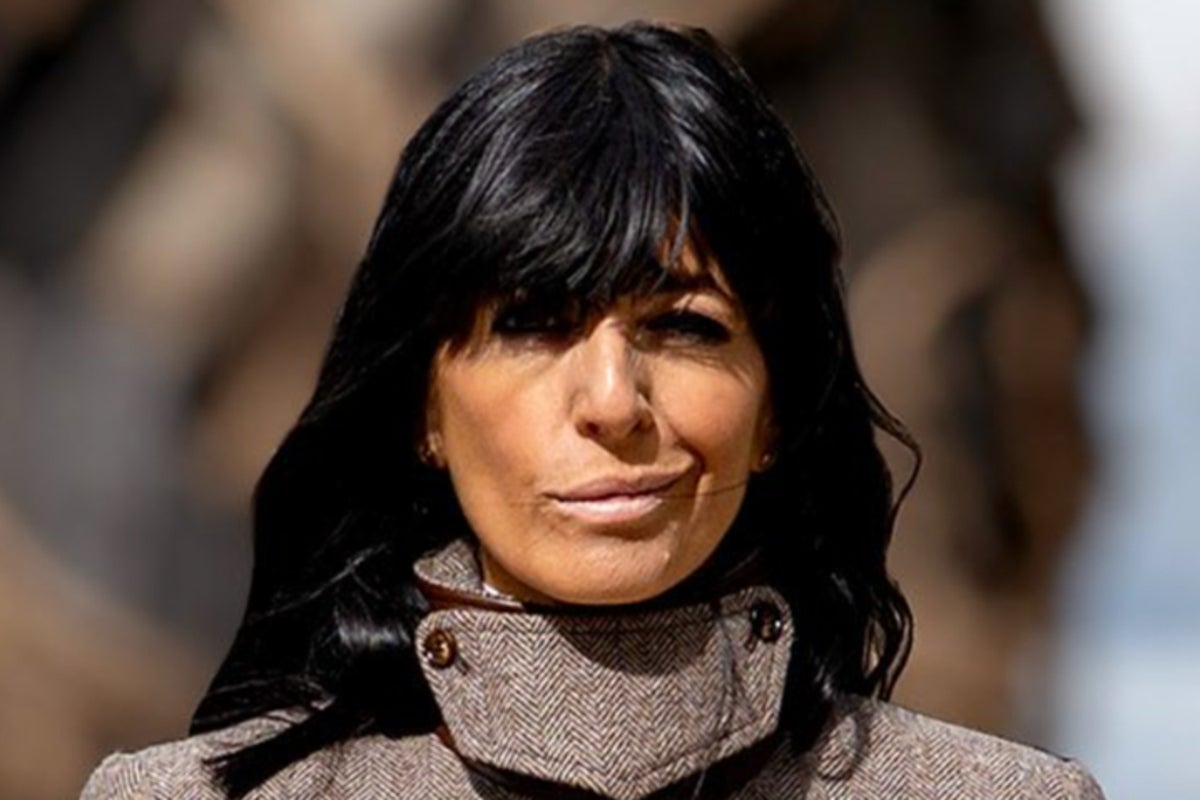




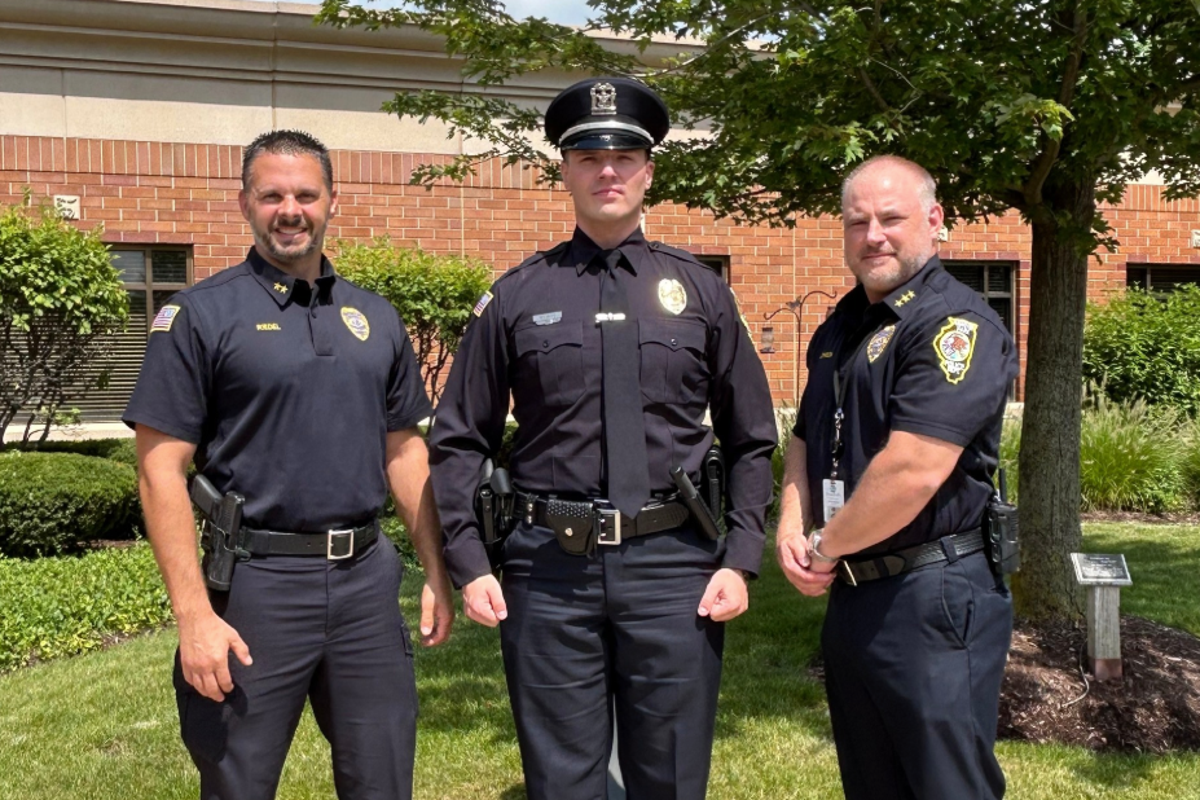
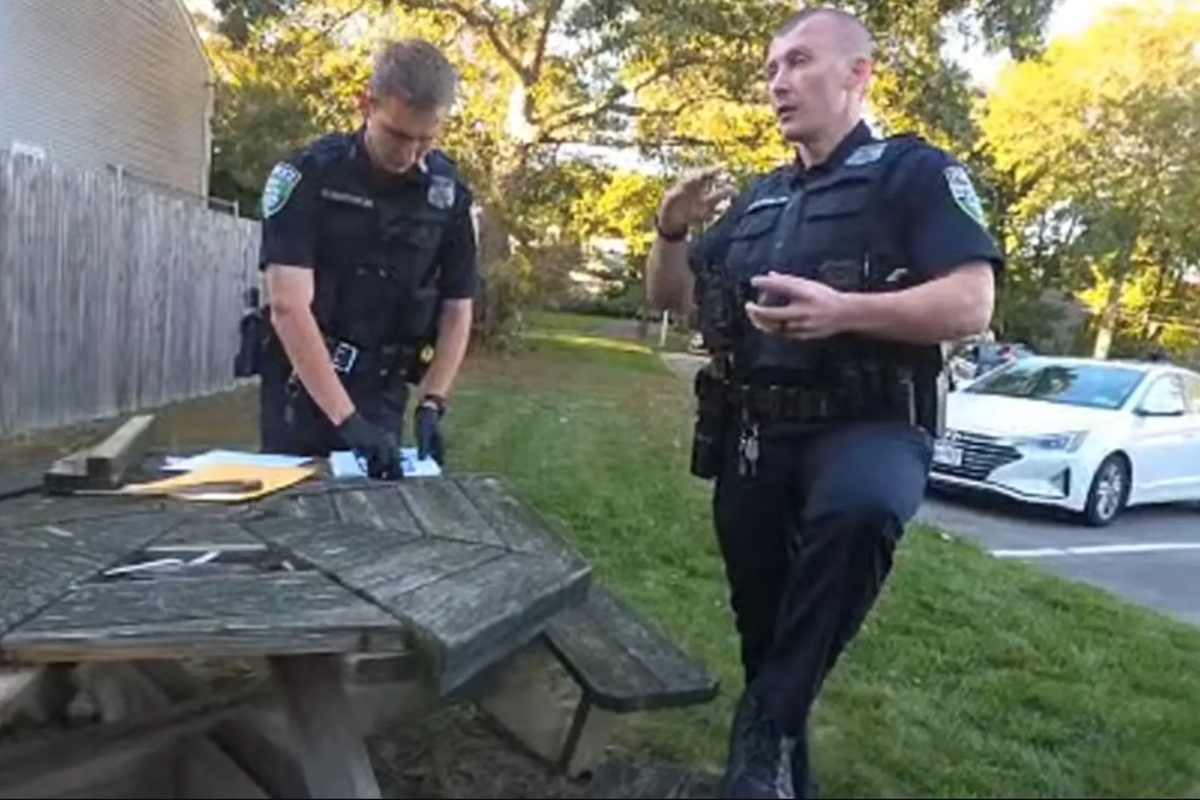



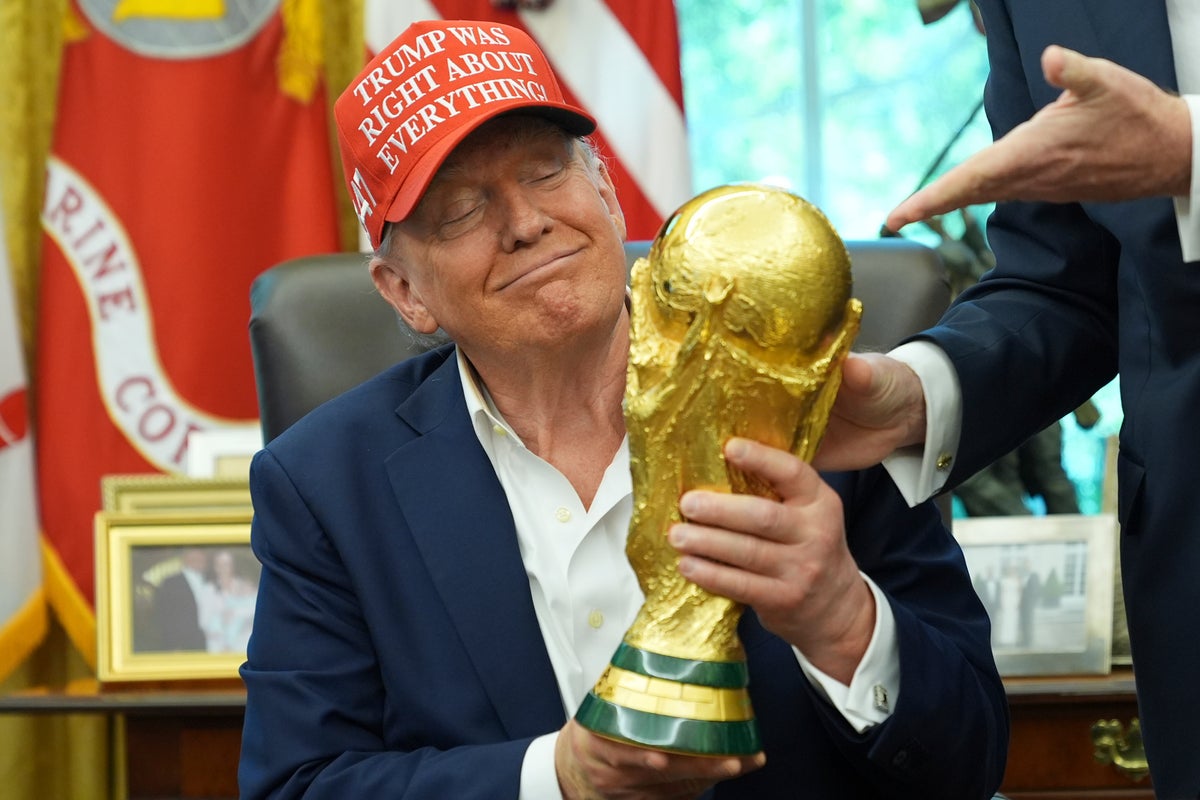
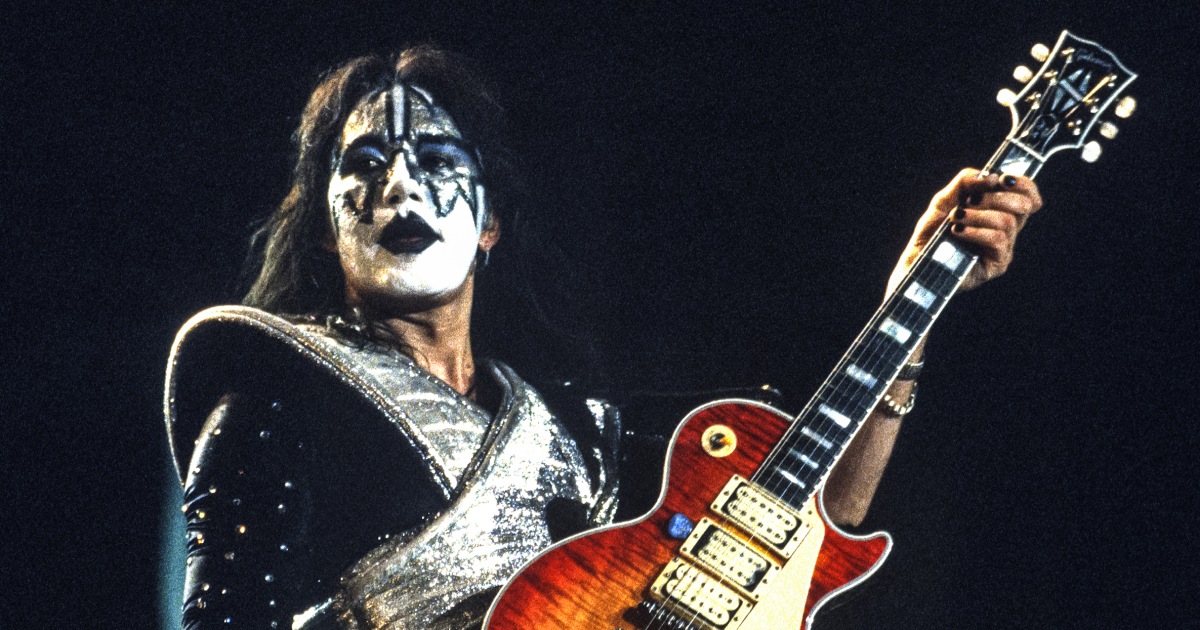

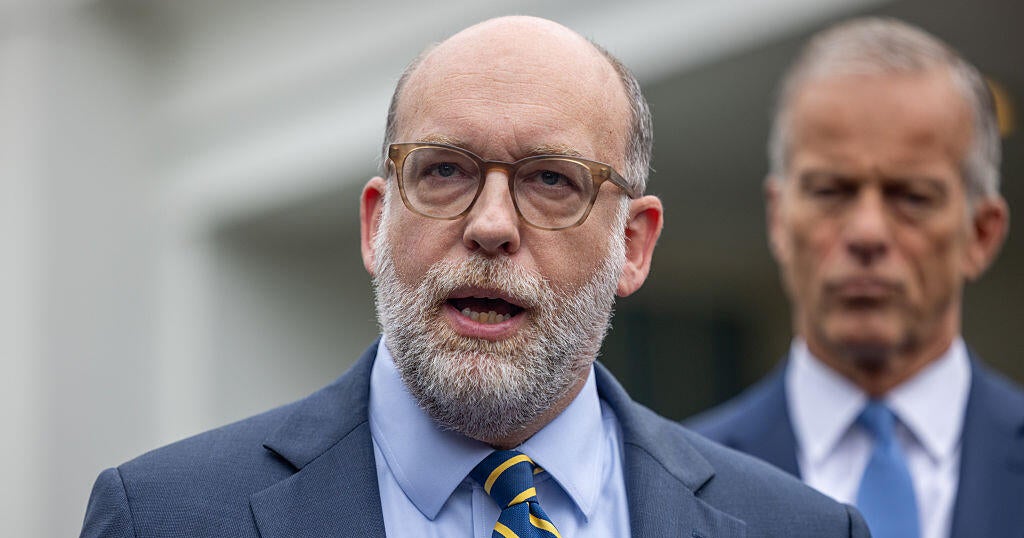


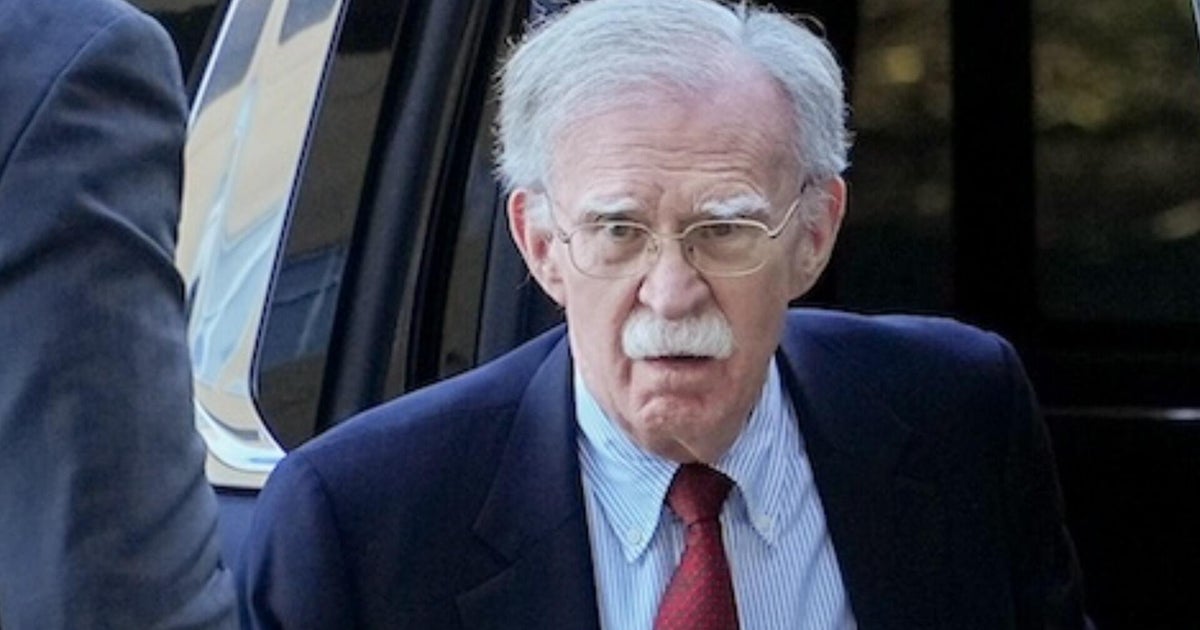
 English (US) ·
English (US) ·